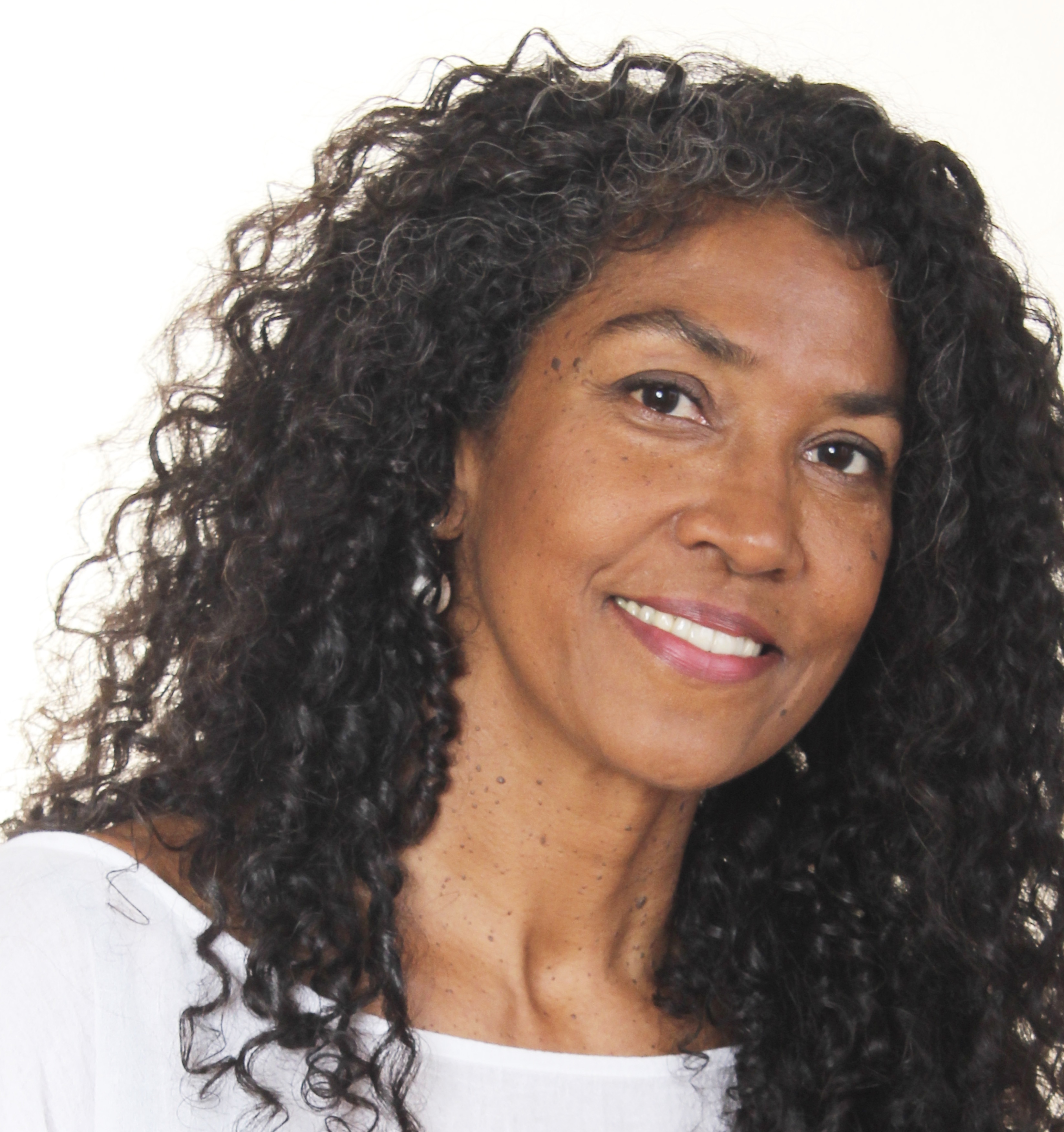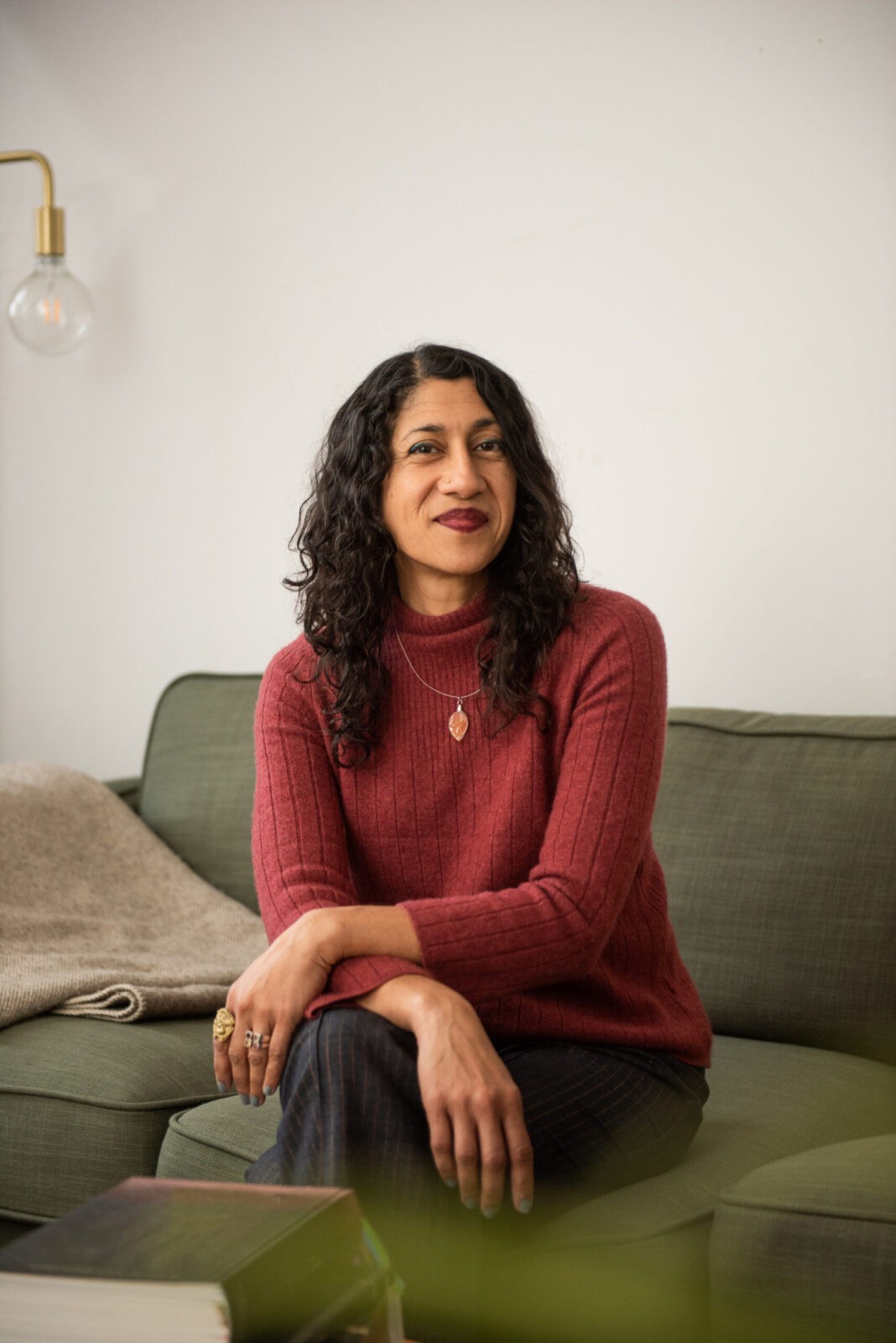January 8, 2006. I sit in the chapel at Paperman and Sons funeral home on Jean Talon street among Irving Layton’s family, fellow poets, students, and the many friends who have come to pay their last respects. I’m afraid that I might break down, but a friend sitting close by reassures me, saying “It’s okay to cry in a synagogue.” I had come by myself, in mourning still for my husband who passed away three years ago. It was Irving Layton who had brought us together through the power of his poetry.
Why am I afraid to cry? Certainly Irving Layton wasn’t someone who would frown upon a display of heartfelt emotion. It was such authenticity that had made him a great man and a great poet. He was real and challenged you to be real in his presence: people who couldn’t take his truth-telling were sometimes offended.
When the casket appears I am relieved and surprised: it isn’t black as I had expected, but white, with a bouquet of white flowers on top. The colour seems appropriate for a man whose spirit emanated so much light and who lived in the state Emily Dickinson once called “white heat.” The white casket also evokes the whitewashed walls of the houses on the Greek Islands where Layton liked to spend his summers composing poems and taking in all the sunshine that he could before spending winters indoors teaching.
Somewhat calmer now, I think back to 1978, when I first met Irving Layton at Concordia University. He was 66 and looked just like his image on the cover of his book Lovers and Lesser Men: stocky and cherub-faced, his thick greying hair a tangle, the same large medallion bumping against his barrel chest. How I looked forward to each class to hear Layton, in his theatrical voice, read some of his favourite poems: Dylan Thomas’s “Do Not Go Gentle into that Good Night” or perhaps his own “The Bull Calf.”
What I wanted, at 26, was to know if I had talent at writing, and who better to entrust my poetry to than a man who at that point had published more than thirty books and had an international reputation. Professor Layton invited all his students to show him their poems and when I finally overcame my shyness and handed him my folder of broken-hearted lyrics (I had recently separated from my first husband), he told me there might be a delay in returning them because he was getting married that weekend. He looked as bewildered as a first-time bridegroom, though I knew Harriet Bernstein was to be his fourth wife. It touched me that he would even think of explaining any delay, but Professor Layton had a way of making you feel valued.
In that classroom I met another young poet, Gerald Doerksen, who had recently moved from Winnipeg. One day there, in a library, he had come across a book of Layton’s and had been so moved that he had come to Montreal to be Layton’s student.
In 1982, Gerald and I, now married and living in Toronto, were reunited with our professor when we bumped into him in our neighbourhood, where Layton now lived alone after his separation from Harriet. As always, he showed interest in our work and accepted our invitation to join us for supper. Not knowing what to cook for a Nobel Prize nominee, we ordered Chinese take-out, which to our great relief Layton enjoyed. “I’ll throw a huge party if I win,” he said as he sat in our modest living room. “And I want both of you to be there.”
Gerald and I shared our new poems with Layton, and he read us drafts that would later be included in my favourite collection of his, The Gucci Bag. We were inspired by the witty epigrams, erotic stanzas, and his belief that, as he titled a poem, “Whatever Else Poetry is Freedom.”
From my seat at Paperman’s I notice Anna Pottier Layton on a bench reserved for family on the podium. I couldn’t forget how Anna had been Layton’s most passionate defender when a controversial biography had come out in the ’90s. Fate had Gerald and I living a street away from Irving Layton and Anna when we moved back to Montreal. In the winter of 1994 I invited them to the launch of my poetry collection No Country for Women at the Double Hook bookstore. I hadn’t expected they would be able to come; it was an icy night he was having problems with his legs, using a cane to walk. But thoughtfulness was another great quality of Irving Layton’s and the bookstore received a surprise phone call that evening from my professor, who congratulated me in a voice loud enough to be heard across the room.
Irving Layton’s passionate poetry revealed how life was a mystery, love was a trance, mistakes were bound to be made, and death, as he spoke and wrote of it, was the final struggle before the spirit could separate from the body and take flight. I gaze at the white casket and feel sadness, but also a lot of gratitude.
But where
are gone the grizzled ecstatic
faces
of the vehement crazy men
who dreamed and prayed?
– from “Departed” (Fortunate Exile) 1987 mRb






0 Comments